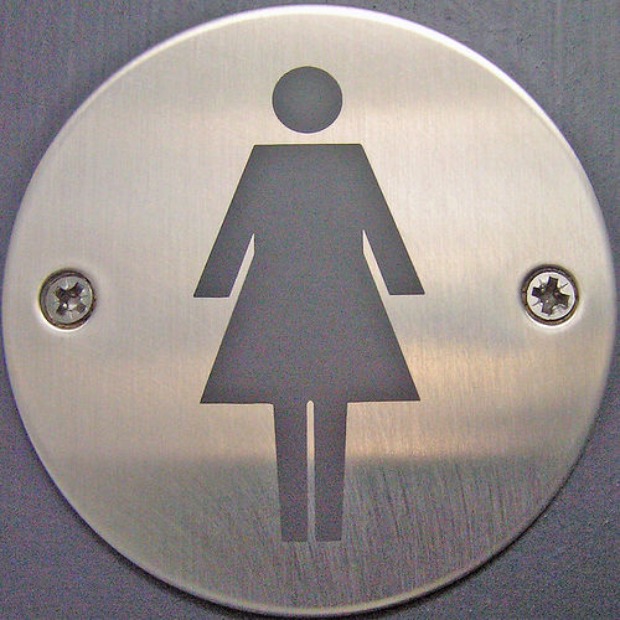With the recent scandal of Richard Keys and Andy Gray making sexist comments about female linesman Sian Massey, it is no wonder why some female students are slightly concerned that they might be subject to such prejudice in the workplace.
Hana Sullivan who is in her final year at the University of Lincoln says she is worried about entering a male-dominated workforce: “After I have finished university and have a degree in criminology, there are many options available to me, for example I could go into the police force or into the prison service. However, I would be worried about sexism in workplaces such as these, as they are seen to be jobs for men.
“If I was subject to any sexism, I wouldn’t be afraid to report it because it isn’t right, and men shouldn’t be allowed to make you feel less than them, especially in the workplace, because you have earned your position there, just like they have,” she added.
Even if we don’t like to admit it, sexism still exists in the workplace. There are many laws that have been introduced in the UK to provide equal rights for both women and men in the workplace, such as the Equality Act 2010.
However, despite this, website About Equal Opportunities claims that “some statistics estimate that about 72% of women workers have experienced sexist bullying at work, while 85% of women workers believe that there is bias towards males in their workplaces.”
Hana also suggested: “I think men generally feel threatened when women enter their domain, especially if it is career related more towards men, such as football. I think they just retaliate with sexist comments to make them feel more superior.
“I do believe though, men are given more opportunities, especially in managerial roles, and that women have to prove themselves a lot more, because men assume them to be weaker and more emotional,” she added.
Jane Crofts, a public relations lecturer at Lincoln, shares her tips on avoiding sexism in the workplace and how you can defend yourself: “The main advice is simply to be yourself and to remain focused on doing a good job. That way if you do become a victim of sexism, you have a strong come back if you need to complain,” she says.
“Sexism is not the same as sexual harassment though, and workplace ‘banter’ that is sexist can be construed as harassment if it makes the individual feel uncomfortable,” she added.
For more information about the laws on sexism in the workplace, visit www.legislation.gov.uk.

